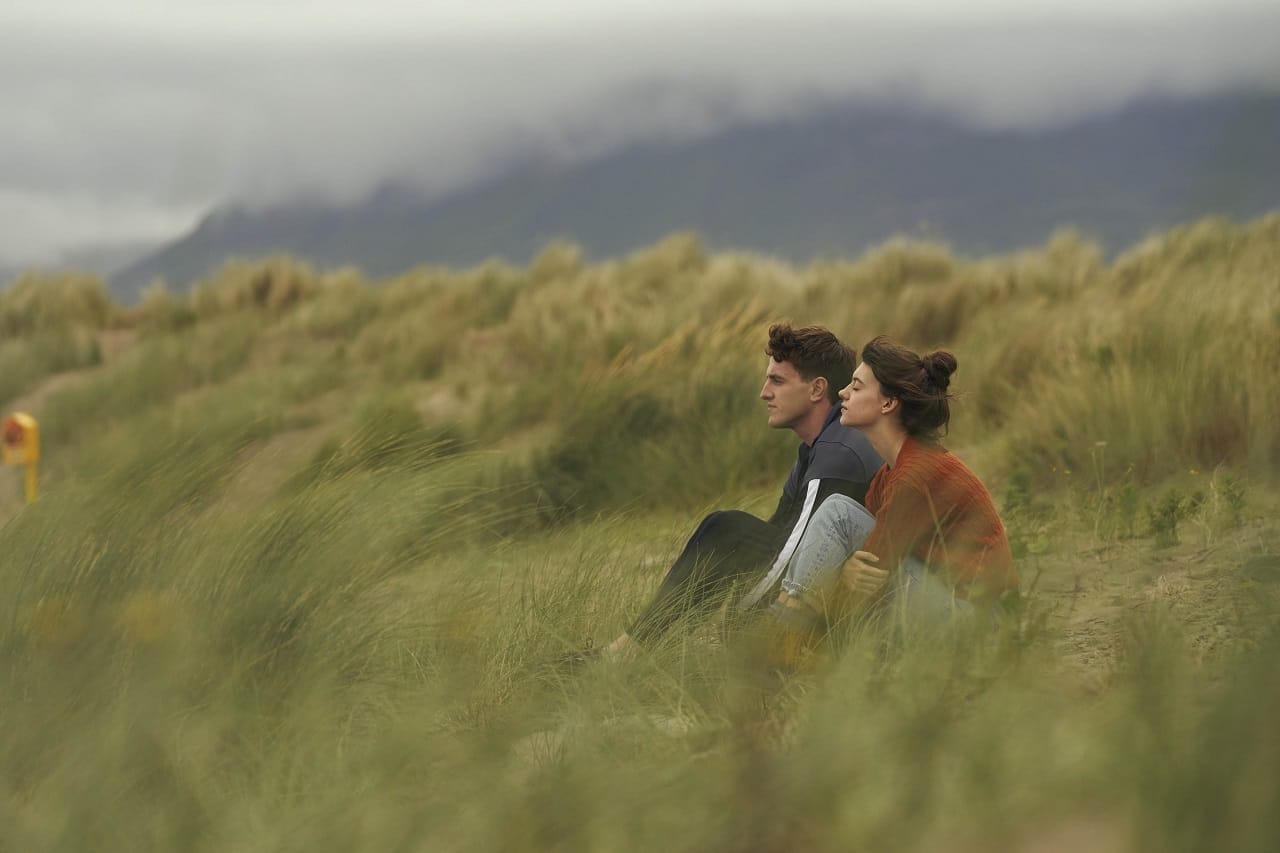Lucy Thompson reviews the film adaptation of Ian McEwan's 2007 Novel, On Chesil Beach.
On Chesil Beach, directed by English theatre maestro Dominic Cooke and adapted by Ian McEwan from his own 2007 novella of the same name, centres on the stilted wedding night of Florence (Saoirse Ronan) and Edward (Billy Howle) in a stuffy seaside hotel in Dorset. The film flits back and forth between snippets of their early relationship as recent graduates and the stifled present, which culminates in a disastrous attempt to consummate their marriage. Through the flashbacks we discover that the couple met at a CND meeting in Oxford in 1962 where Edward desperately tries to find someone to acknowledge his first-class degree.
The flashbacks provide the viewer with a set of clues to understand the demise of the relationship and why the couple now finds themselves eating melon-boats and exchanging terse conversation over a joyless dinner. Florence is a classical violinist from an uptight middle-class family. She has a snobby mother who mocks Edward’s social status, and a bullying father who cheats at tennis. While Edward grows up seemingly in a rural idyll of gardens and cricket, his mother suffers a brain injury which causes her to become a barely clothed art fanatic, prancing around with her paintbrush.
on chesil beach stills are literally art pic.twitter.com/cG7BWUu2WY
— vidi (@tomhoIands) June 3, 2018
The film is undoubtedly well-acted. Ronan skilfully conveys Florence’s rigidity and unspoken trauma through her delicate and nuanced facial expressions, while Howle provides a sensuous performance as the intense and physical Edward. However, On Chesil Beach ultimately suffers from its material and the fact that it is glaringly hard to make a 110 minute film interesting when it hinges on a couple’s sexual dysfunction. The flashbacks that pad out the weak plot create a pervasive sense of inertia, and, due to the geriatric pace of the film, I found myself fighting to stay awake to see its conclusion.
"By the end of the film it was difficult to feel anything other than indifference for their relationship"
There are glimmers of interest, namely the couple’s respective dysfunctional families, but these are muffled and muted by the disjointed flashback structure. Edward’s relationship with his brain-damaged mother and Florence’s potential experience of sexual abuse are left unpacked.
Because the doomed fate of the marriage is glaringly apparent from their initial polite conversation and nauseatingly bad kissing, the conclusion is anti-climactic. Perhaps the film could have been salvaged if it started with their more engaging romance of the early days and built a relationship that the audience could wholeheartedly root for. By the end of the film it was difficult to feel anything other than indifference for their relationship due to the distance between the viewer and the couple. This is exacerbated by a final scene which fast forwards to the 2000's where the two young, talented leads shed tears onto embarrassingly bad, Come Fly With Me-esque, aging prosthetics.
I would give this excruciatingly tedious film a miss.
Featured image: Charlie Gray, Costumes designed by Keith Madden; Hair and makeup designed by Karen Hartley-Thomas.
What did you think of On Chesil Beach?
Facebook // Epigram // Twitter









